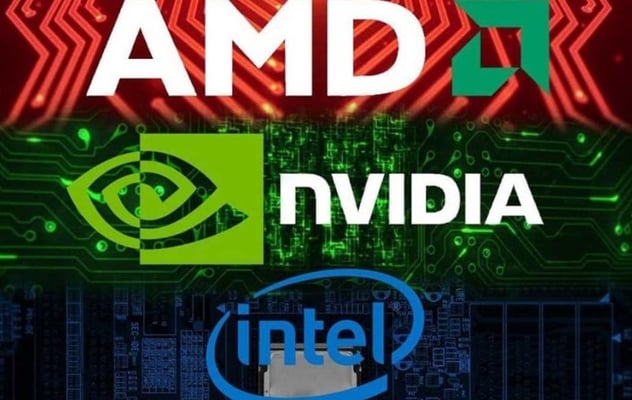Graphics cards expose your PC to hacking

PCs rely mainly on graphics cards for a large number of tasks. This is because it is used to run games and process their content, in addition to its main role in artistic works such as image design or video editing.
The hackers have discovered a way that they can perform these attacks using only graphics cards. This is done by mining the card’s random memory module with specific code, and the card in turn transmits it to the system.
The creator of this method has proven that it works on integrated Intel cards as well as NVIDIA and AMD external cards. The idea behind this method can be described as a very clever one. This is because anti-virus and anti-malware applications cannot scan the RAM of the graphics cards, so hackers resort to mining it.
Read also: Optimal CPU and graphics card temperatures while gaming
The method was first posted on a hacker’s forum. The publisher of the method then included evidence showing that his method was working properly. It is tested on different types of cards such as Intel UHD 620, AMD Radeon RX 5700 and GeForce GTX 1650.
The method was announced on August 8, and by August 25, the owner of the method announced that he had succeeded in selling it to one of the forum’s pioneers, but the details of the sale process or the method’s work were not disclosed.
Read also: Why game emulators are getting more and more important over time
Graphics Card Hacks
Although the exact details of how this method works are not known, security researchers have indicated that it relies on running certain code through graphics cards and based on their random memory, rather than running it based on the central processor and main RAM.
A similar method appeared several years ago, which was known as JellyFish, and it was allowed to include an application that logs everything that is typed as a keylogger to the graphics cards as well.
However, the developer of the method has made it clear through the forum that there is no similarity between the JellyFish method and its method.
Read also: Comparison of FAT32, exFAT, and NTFS file management systems
To date, there is no complete information about this new threat. Since it has not yet spread, ways to prevent it are still unknown. But it is always advised not to download any files from any untrusted sites or platforms. Also, only open email attachments from trusted senders.



